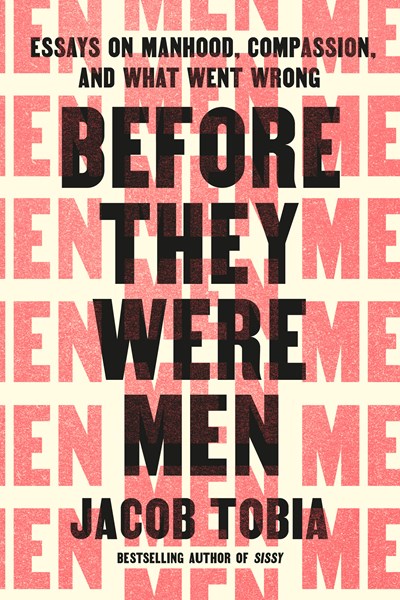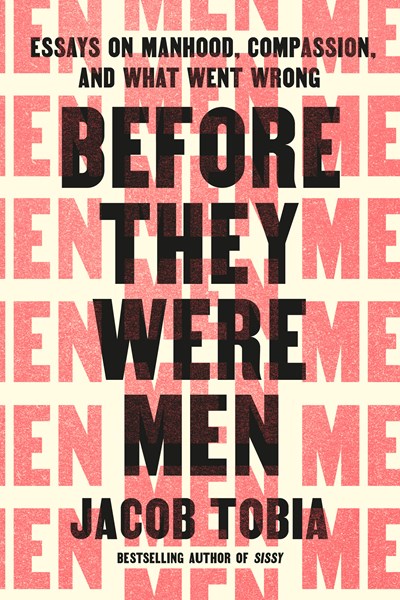Before They Were Men
Before They Were Men
Couldn't load pickup availability
By: Jacob Tobia
Gender nonconforming thought leader and bestselling author Jacob Tobia offers a paradigm-shifting argument for fundamentally reframing how we see and talk about men.
The conversation about masculinity, patriarchy, and misogyny has never been so prominent or heated. Alarmed by a new generation of angry, broken young men, genderqueer writer Jacob Tobia set out to explore what's going on and comes to a shocking conclusion: emotionally and spiritually-speaking, men and boys may be the ones suffering the mostunder the gender binary right now.
Tobia should know. For their gender-defying adolescent heart, the nonconsensual process of being “made a man” was crushing. After spending a lifetime fleeing manhood and masculinity, they dare to ask the question: What happens if we stop understanding men as categorical beneficiaries of patriarchal institutions and start understanding them for what they are – co-survivors of patriarchy itself?
In a series of personal and revolutionary essays, Before They Were Men argues that we must rewire much of our framework of feminism. Through this much-needed nonbinary intervention into a two-sided discourse gone stale, Tobia boldly posits compassion and empathy as the forces that will lead men — and us all — to a brighter future. Urgent, surprising, and counter-intuitive, their book covers topics such as:
- the unspoken body image issues and dysmorphia confronting men and boys.
- the difficulty of challenging a world that glorifies war, aggression, and the violence of men.
- the case for rethinking, and ultimately retiring, counterproductive terms like “toxic masculinity” and “male privilege.”
From exploring the abuse endured by men in the name of gender norms to addressing the myriad failures of feminist discourse in grappling with men’s suffering, this book calls everyone – men, women, and nonbinary people alike – back to the table.


